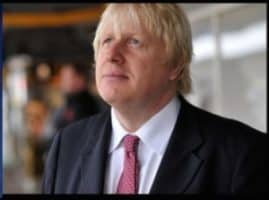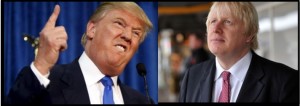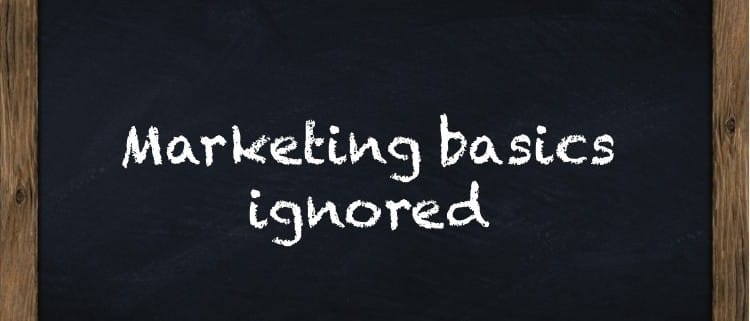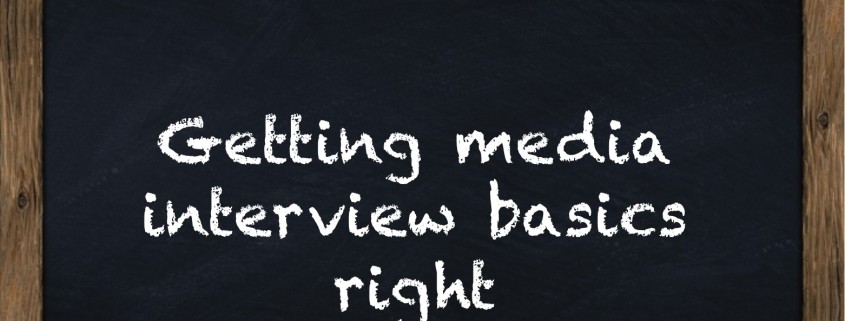Cameron’s Crisis Communication Lesson
Many a good crisis communication lesson is never shared, or the various stages are not so public. But the revelation in the Panama Papers that David Cameron’s father had set up an off-shore fund and that until 2010 the Prime Minister himself had owned shares in that fund, has given us a very public case study. And the crisis communication lesson is that you need to get out in front of the story.
Crisis communication lesson
Crisis communications training always emphasises that you need to release all the bad stuff in one hit, as early as possible. Giving misleading statements or closing down enquiries will increase the damage if the whole story comes out later. And that is just what we saw last week. Here is a detailed blow by blow account of Cameron’s horrid week from The Guardian which is claiming the story as theirs.
Crisis communication lesson: refusing to say anything is a mistake
But the basic facts are that on Monday at a regular press briefing reporters asked Cameron’s official spokeswoman if she was aware that his father had set up an off-shore fund called Blairemore. She responded that this was a ‘private matter’. Unsurprisingly, this did not kill the story.
Crisis communication lesson: being economical with the truth is unlikely to work
On Tuesday, with the story all over the front page of the Guardian and running on all networks, Cameron answered a question with a phrase that can only be described as being economical with the truth.
‘I have no shares, no offshore trusts, no offshore funds, nothing like that.’
The furore continued. On Wednesday the prime minister’s office said: ‘There are no offshore trusts or funds from which the Prime Minister, Mrs. Cameron or their children will benefit in future.’ It was not enough. The statements clearly referred to now and in the future but did not mention the past. Journalists could smell blood.
By Thursday Downing Street decided the Prime Minister would have to come clean. In an interview with Robert Peston, Political editor of ITV, Cameron explained that he had owned shares in Blairemore from 1997 until 2010, just before he became Prime Minister. When he sold them, he added, he had paid tax on the profits.
On Saturday, David Cameron felt he needed to publish full details of his tax affairs, and then chancellor George Osborne announced he would do the same. Despite considerable efforts to draw a line under the whole thing, as I write the story continues to hit the headlines and the fall out is now spreading to other members of the Tory party. The damage to Cameron, to Osborne and to the Tories is huge.
Crisis communication lesson: deflect, dismiss, deny is not recommended
The question is, had David Cameron come clean on Monday, or even before, would the damage have been less? Accepted wisdom is yes, that after an initial splurge of coverage the world would have quickly moved on because there was no ‘sport’ in chasing the details. It is hard to be sure, and the truth is that sometimes companies and people do manage to kill a story by obfuscating. But ‘deflect, dismiss, deny’ is not a strategy recommended in any crisis communications training.
Here are 13 minutes of Cameron being gently grilled by Robert Peston, the crucial bit is at 3′ 20″. Overall we think Cameron handles this interview very well but the damage was done.
Photo: the Mirror via Creative Commons

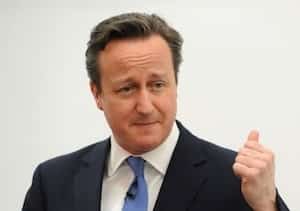


 Clients often express horror and disgust at the idea of using a cliché in an interview. They feel, as serious professionals, that they should not be using what they see as trite, overused and near meaningless phrases to talk about their important issues.
Clients often express horror and disgust at the idea of using a cliché in an interview. They feel, as serious professionals, that they should not be using what they see as trite, overused and near meaningless phrases to talk about their important issues.





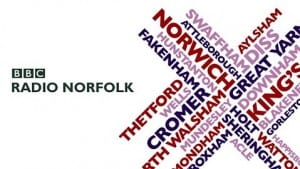 Local radio is a great British institution and widely listened to. My first job as a journalist was with BBC Radio Norfolk and I have many fond memories. This week I have been training an ‘expert’ to handle local radio interviews and it has prompted me to pull together these Golden Rules.
Local radio is a great British institution and widely listened to. My first job as a journalist was with BBC Radio Norfolk and I have many fond memories. This week I have been training an ‘expert’ to handle local radio interviews and it has prompted me to pull together these Golden Rules.